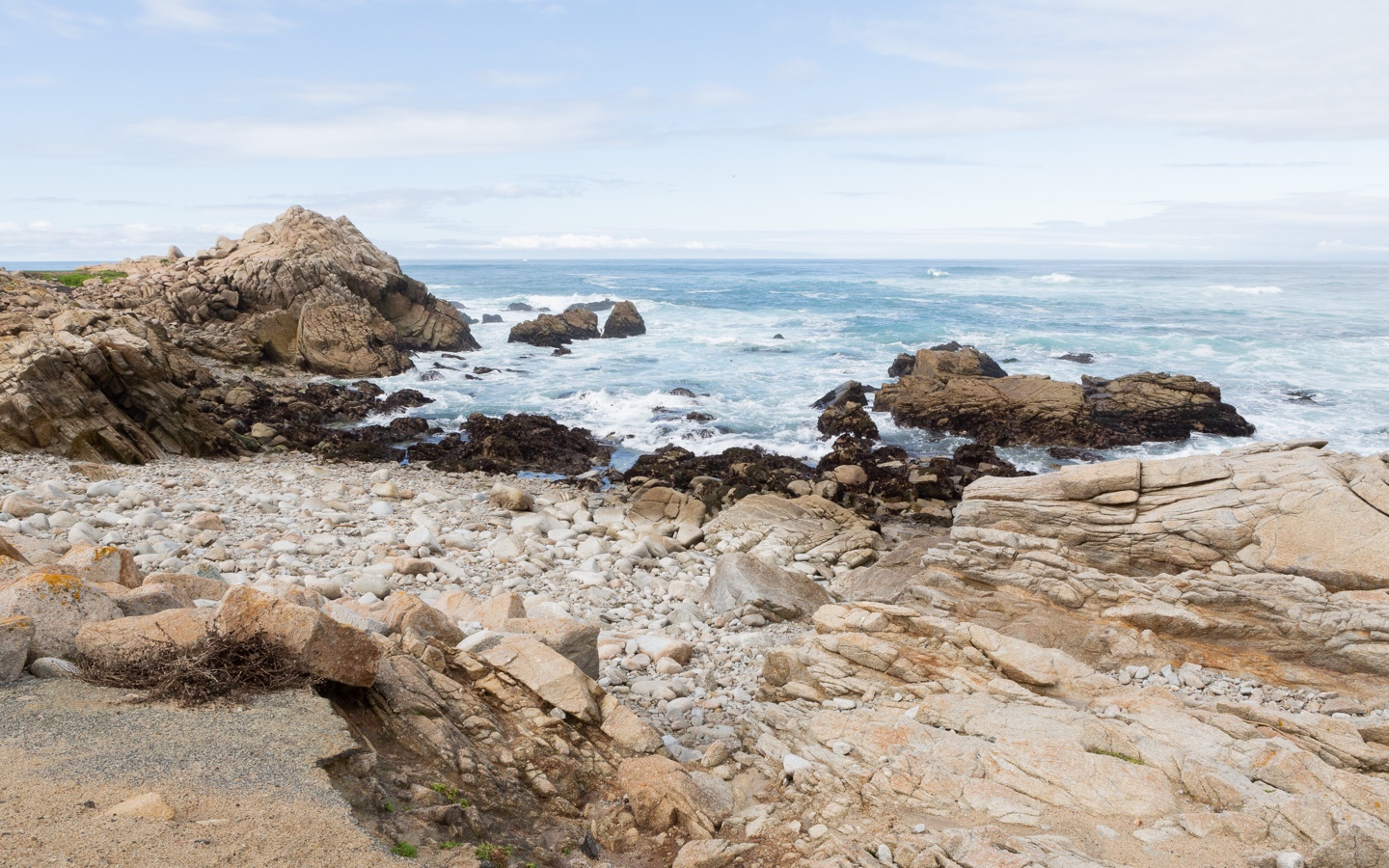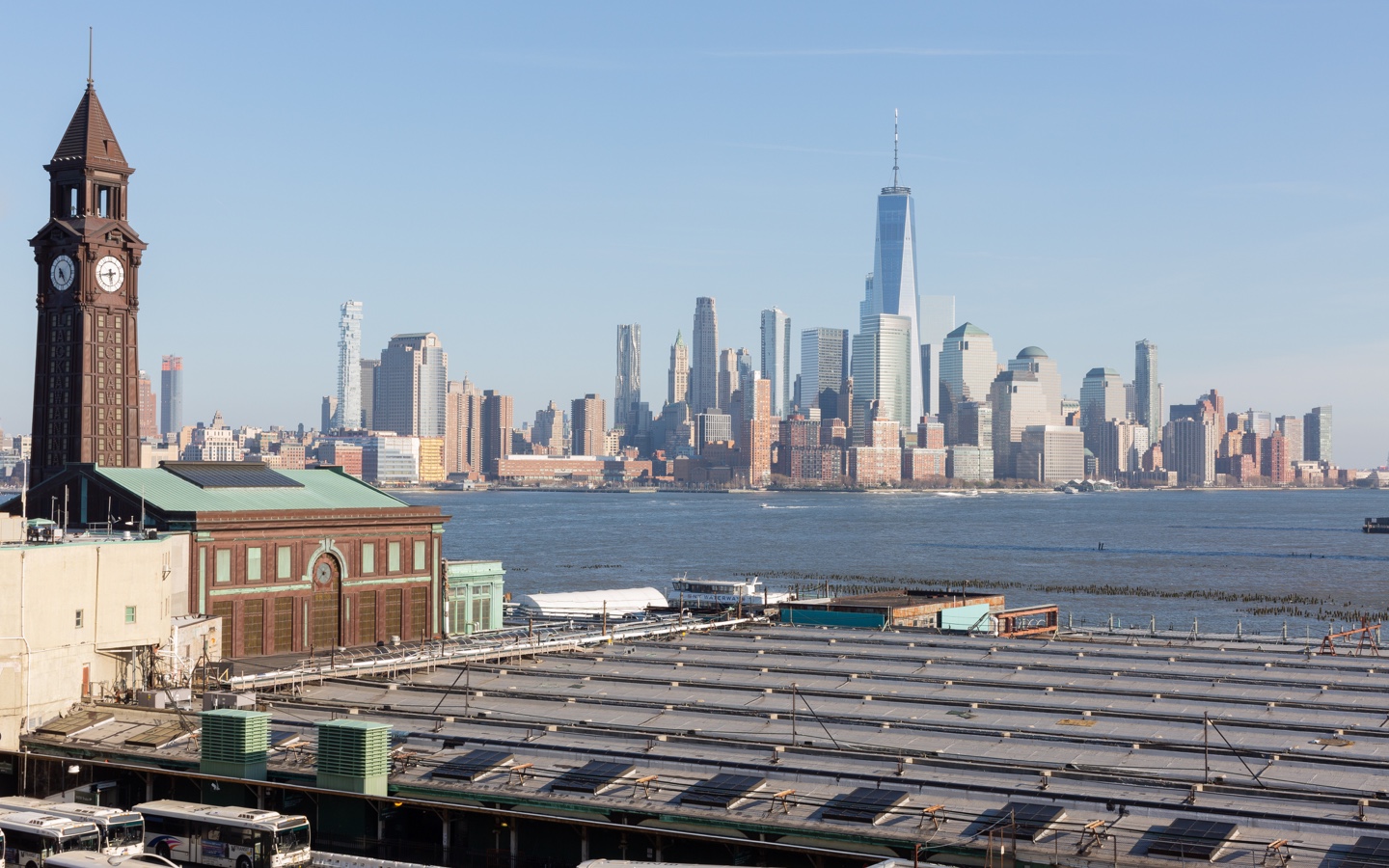A silver lining to the impact of Covid-19 is a smaller carbon footprint. How can we use this time to create a new normal that makes long term, meaningful progress toward a healthier planet?
Most of us have seen the articles and subsequent (inevitable) lampooning memes. Amid coronavirus shutdowns, news headlines broadcast the return of dolphins to Venetian canals; a herd of elephants passed out in a tea garden, drunk off corn wine; swans swimming in waters they’d previously abandoned long ago. “We are the virus,” these articles seem to announce solemnly, “nature is rebalancing in the absence of humans.”
But is it, really? While much of this animal-related coronavirus news has since been debunked. The swans were already there. The elephants weren’t drunk. And the dolphin pic? Taken in Sardinia, where they regularly swim. Cue the sad trombone.
Still, with so much movement and activity suspended, one of the silver linings of this pandemic is a lessened, if short term, footprint on the planet. A recent study shows that CO2 emissions will drop 8 percent this year, which is a record, but still a drop in the bucket. So the question is: What can we take away so there’s a meaningful, lasting impact on our relationship with the environment?
As we hunker down in our homes, shifting focus from me to we as we all work to lessen the spread of this new virus. Hoping to protect our family, friends, and neighbors from Covid-19, the disease caused by the novel coronavirus, many of us are also seeking out — or stumbling upon — news stories extolling the possible benefits of doing less in all areas of life. Most notably for the climate. And though those animal stories turned out to be fake, slowing down to stop the spread has resulted in some small but notable changes for the better when it comes to the earth. It’s worth exploring those impacts to consider how we might make some of them long term.

Carbon Emissions
Carbon emissions are some of the world’s worst greenhouse gasses — a top polluter and one of the main causes of global warming. What are greenhouse gasses? Greenhouse gasses are produced largely through a number of human activities, such as burning fuel for heat, electricity, and transportation. About 28 percent of that comes from transportation. Turns out, the life-saving measures put in place to stop the spread of Covid-19 have also significantly reduced emissions — in some countries up to a quarter. While a reduction in CO2 is a major key to turning around global warming, that reduction would need to be permanent to really matter. While a brief hiatus from air transportation, driving our cars to the office, and spending the energy lighting and heating those offices is having a brief impact on greenhouse gas numbers, what will happen when the country is moving at full speed again?
That’s why many forward-thinking policy-makers are hoping that we reimagine our economy for a “new normal.” That we account for costs on the environment in order to mitigate the otherwise catastrophic effects of climate change that would make Covid-19 look like a walk in the park.
Noise Pollution
If you’ve found yourself out on a daily walk or run thinking, “Have there always been this many birds?”, you’re not alone. Springtime is noisy this year! But it’s not due to more wildlife, it’s due to less noise pollution. If you live in a city that’s usually quite busy, you’re likely used to a different kind of noise: road construction, building, city busses and trains, the din of human activity. It’s called noise pollution, and it’s surprisingly dangerous to the health and wellbeing of the planet — and us.
In humans, the cacophony of daily life, the inescapable symphony of sounds created by human activity, has been known to cause hearing loss and could increase levels of stress and anxiety. But it’s not just us. Animals rely on hearing and sound to protect themselves, to hunt, and to attract mates. A reduction in the ability to hear means a reduction in the ability to survive. And not just that, but the sounds of our everyday lives — concerts and traffic and the squeal of the subway — has physical effects on wildlife as well. Birds lay fewer eggs, heart rates rise, and marine life is drastically disrupted: underwater sonar has been found to cause whales to beach themselves.
So, what happens when the world suddenly goes quiet?
Not only can we hear all those birds singing their springtime songs, but we’re a little calmer while we enjoy those sweet sounds. And the birds are, too. Can we keep the world a little quieter when we emerge from our houses? Possibly. Most concerts and festivals have been cancelled for the summer, and people are traveling less. If we continue to think critically about when and how we use certain modes of transportation, there could be a reduction in global noise. For now, we should all take a moment to listen to the birds and appreciate the quiet.

Food
As stories emerge of Covid-19 outbreaks in U.S. meatpacking plants, the results of the closures can be seen on grocery store shelves: limits to the amount of meat shoppers can buy. Over the past several years, beans, legumes, and pulses have gone from an occasional side dish to the star of the show. Thanks to the devastating impact eating meat has on the planet and the rise of plant-based alternatives, the UN named 2016 the “Year of the Pulse.” With the onslaught of the pandemic and suggestions to stock enough food to last a couple of weeks (and to visit the market less), bean sales (and shelf-stable, plant-based foods like pasta and rice) have skyrocketed yet again.
Why is this beneficial for the planet? The main source of greenhouse gasses from agriculture come from raising meat, namely methane (produced during cattle digestion), carbon dioxide, and nitrous oxide. Not to mention the impact on land and water from grazing. With a possible lessening of our reliance on meat, opting instead for veg-friendly staples, like beans, that require less water to grow, our society could take another step toward lowering our collective carbon footprint.
But it has to stick.
In the meantime, it’s worth asking ourselves: Could we rely less on animal products? Could we take the time to learn to cook plant-based? Can we use this time to collectively work to make changes for the climate?
“In the rush to return to normal,” says Dave Hollis, in a widely shared quote, “let’s use this time to consider which parts of normal are worth rushing back to.”
While being sensitive to the very real trauma happening the world over — this is a moment asking us to reflect on our daily lives, and, if we so choose, to examine the ways in which we can change for the betterment of ourselves and the planet.

Shop Pillows
The Essential Organic Pillow Collection
Gentle, breathable, non-toxic support.






